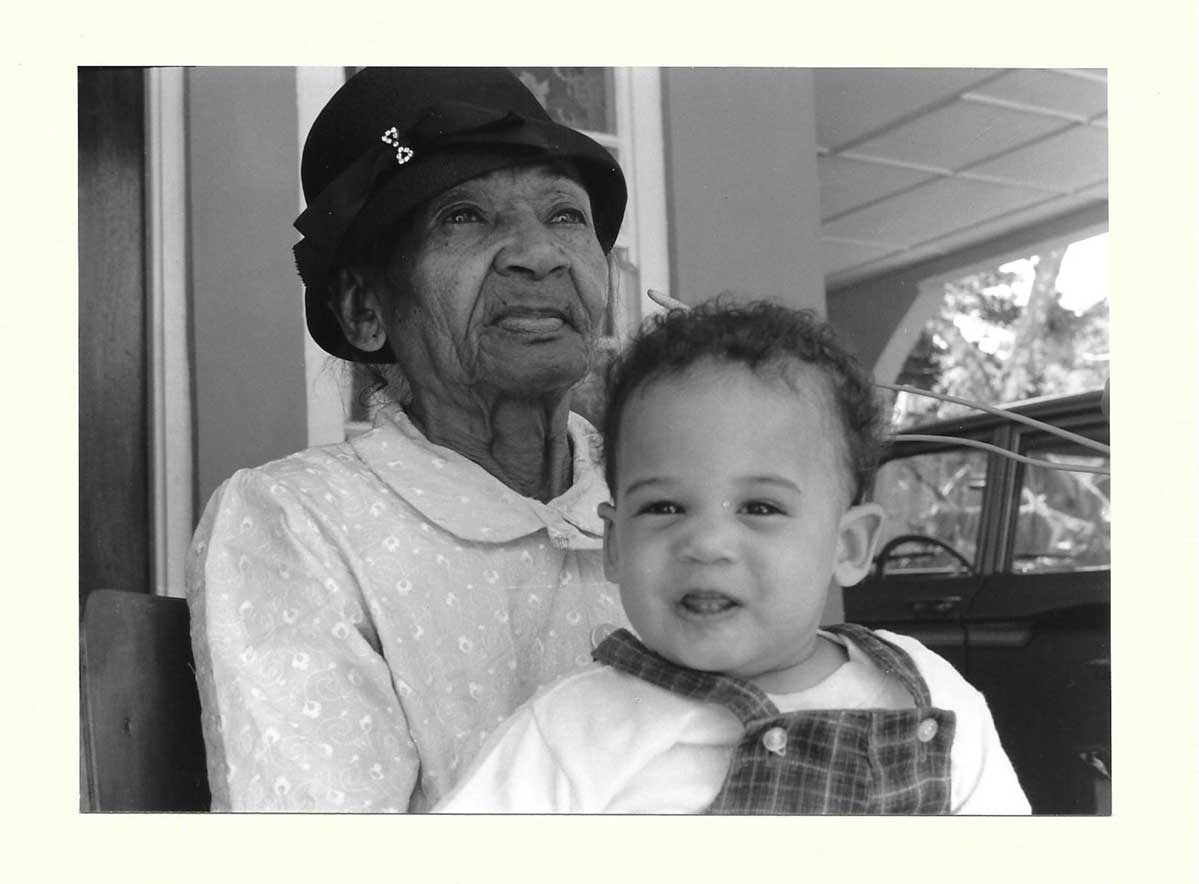Then that would make her triracial, no? Irish, African and Indian, right? She's literally mixed.
Yes, she's literally mixed. No one has ever denied that. Mixed people in the United States who look like they might be black have always been considered Black, especially in the 60s/70s when Kamala was growing up.
Is she black because of her father specifically?
Yes.
If her father literally has Irish and African but her mother is "pure" Indian, then wouldn't that make her mostly Indian?
No, you should go back to a dictionary and look up the word "mostly" again.
Mathematically speaking (think Ancestry or 23andMe)? At least more Indian than Afrikan ("black" denatures our history and humanity imo).
No one ever determined race via 23andMe until the internet era. When Kamala was born, DNA genetics didn't even exist. If you had a black parent and passed as black, then you were considered black, regardless of the DNA results. Race has always been a social construct, not a genetic question, and the main place of DNA is determining whether someone legitimately was raised in that social construct or started faking it at a later age.
In another thread today, I just posted half-a-dozen famous Black figures from 20th century history who all had less Black DNA and looked less Black than Kamala does. Famous entertainers, scientists, HBCU leaders, NAACP leaders, and civil rights activists. ALL of them were considered Black and continue to be celebrated as part of Black history despite likely having 20% or less African DNA.
I ask because if the Irish part are males(patrilineal), then when does someone stop being Irish then "black"? When does one stop being ______? This is
NOT a Kamala question but a sociohistorical one. I should also ask if her mother was Indian but her father was an Irish man with some African ancestry would she then reconsidering white the same way she's been sitting black?
@ba'al
Kamala has 1 Irish great-grandparent. Kamala's father, who has 3 black grandparents and 1 irish grandparent, is obviously going to be considered Black in the American context. That's why he joined the Afro-American Association upon reaching America, not the Irish American Heritage Society or the Irish American Association, despite the Irish societies likely having far better connections.


 Both my grandmas black
Both my grandmas black 

 -
-  Happy sunday yall
Happy sunday yall